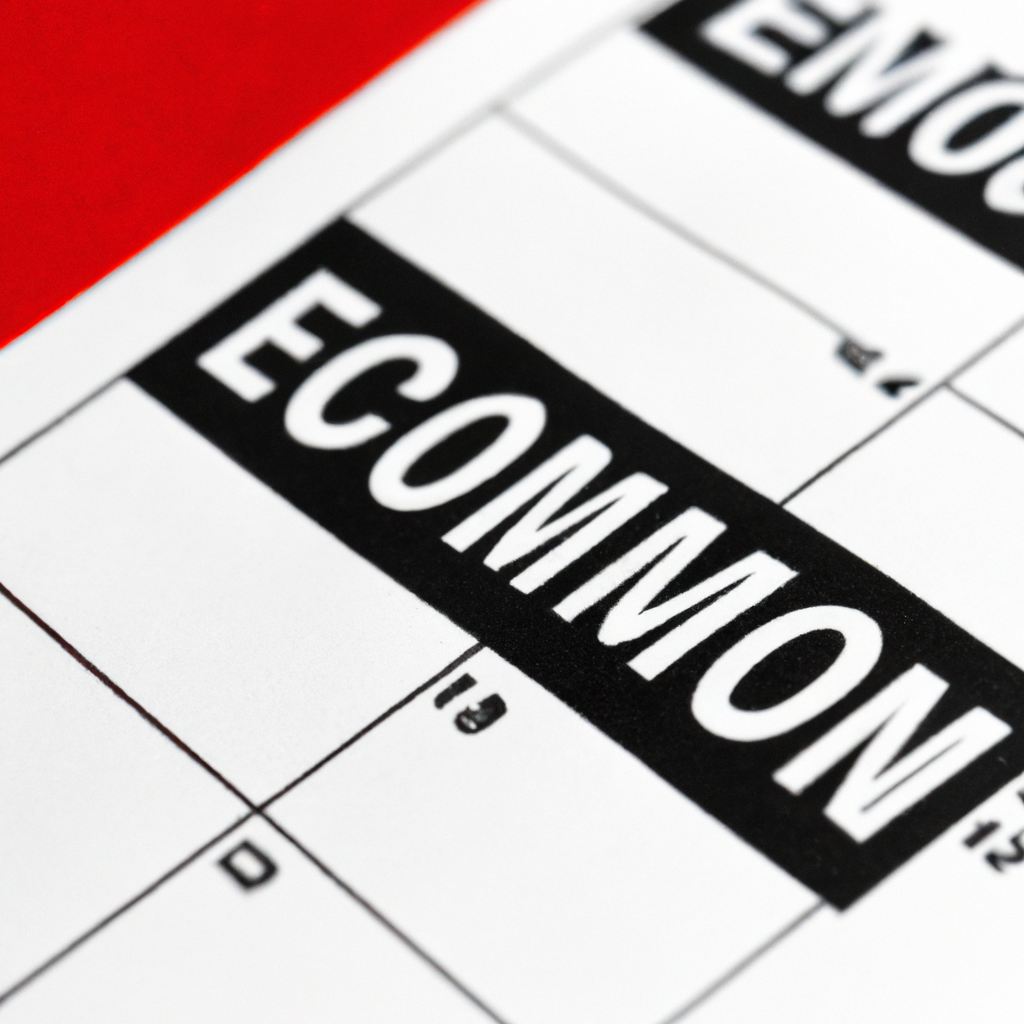Understanding Economic Calendar Events
An economic calendar is a critical tool for traders, investors, and even everyday individuals who are interested in keeping track of the global economy. It provides detailed information about upcoming economic events, policy decisions, and critical announcements that can significantly impact financial markets. By understanding and keeping track of these events, you can make informed decisions about your investments and trades.
What are Economic Calendar Events?
Economic calendar events are scheduled occurrences that potentially have a significant impact on financial markets. They include policy decisions by central banks, employment reports, Gross Domestic Product (GDP) figures, and other economic indicators. These events can cause volatility in markets, leading to opportunities for profits, but also risks.
Central Bank Meetings
One of the most critical economic calendar events is central bank meetings. These meetings often result in decisions about interest rates, which can have a significant impact on the value of a country’s currency. Central banks may also discuss their views on the economy, which can provide valuable insights for investors and traders.
Employment Reports
Employment reports are another crucial type of economic calendar event. These reports provide information about the number of people employed in a particular country, which can be an indication of economic health. A strong employment report can boost a country’s currency, while a weak report can lead to a decline.
Gross Domestic Product (GDP)
GDP figures are another vital economic indicator. They provide information about the size and growth of a country’s economy. Strong GDP growth can boost a country’s currency, while weak growth can lead to a decline.
How to Use an Economic Calendar
An economic calendar can be a valuable tool for making informed trading and investment decisions. Here are a few steps on how to use it effectively.
Step 1: Check the Calendar Regularly
Economic calendar events are scheduled in advance, so it’s essential to check the calendar regularly. This will allow you to be prepared for upcoming events that could impact your trades or investments.
Step 2: Understand the Impact of Different Events
Not all economic calendar events are created equal. Some events, like central bank meetings, can have a significant impact on markets, while others may have a minimal effect. It’s important to understand the potential impact of different events so you can plan accordingly.
Step 3: Monitor Market Reactions
After an economic calendar event, it’s important to monitor market reactions. This can give you valuable insights into how markets are likely to react to similar events in the future.
Conclusion
An economic calendar is a valuable tool for anyone interested in the financial markets. By understanding and keeping track of economic calendar events, you can make more informed decisions about your trades and investments. Whether you’re a seasoned trader or just starting, it’s worth taking the time to understand these important events.




